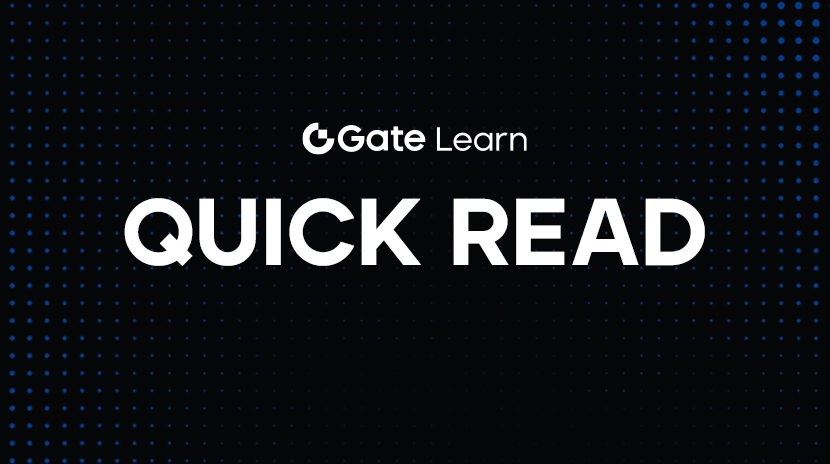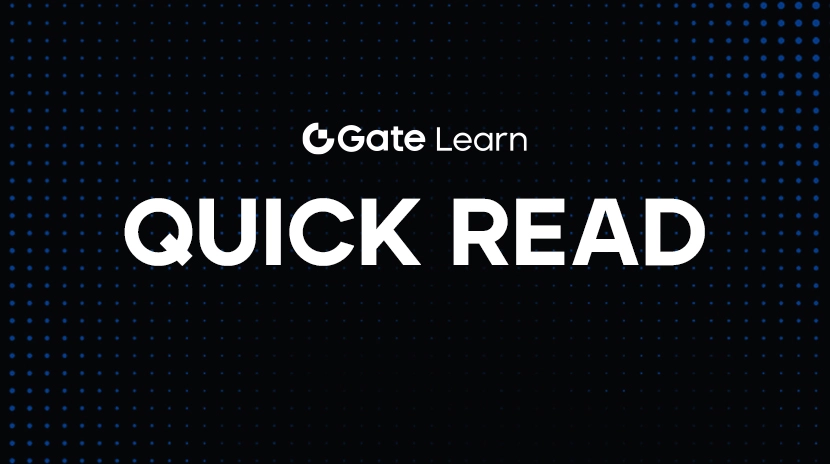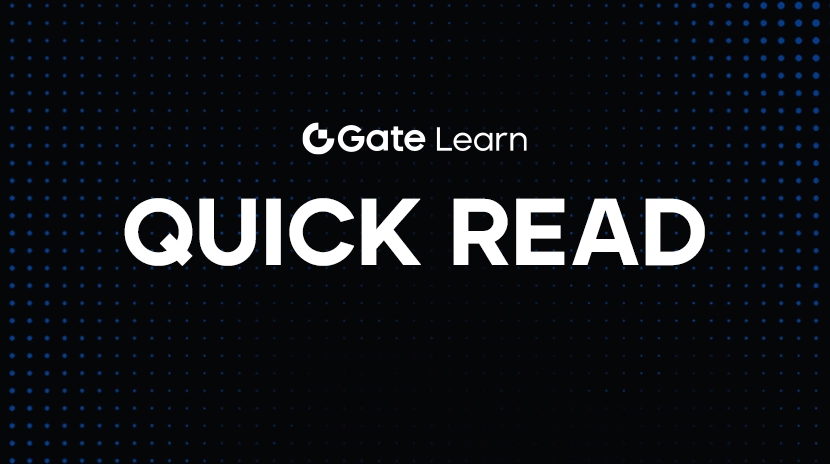JTO Token: The Native Token of Jito Network

Image source: https://www.jito.network/
Introduction to JTO Token and Jito Network
JTO token is the native governance token of the Jito Network, a Solana-based infrastructure provider focused on maximizing staking rewards and improving transaction efficiency through MEV (Maximal Extractable Value) optimization. Jito Network enhances the Solana blockchain by implementing MEV strategies, liquid staking, and infrastructure upgrades that benefit validators, stakers, and traders.
Jito Network offers liquid staking solutions, allowing users to stake SOL while maintaining liquidity through JitoSOL, a liquid staking derivative. As of March 19, 2025, JTO boasts a market capitalization of $669.13 million and is actively traded on Gate.com.
JTO Tokenomics and Market Performance
JTO tokenomics is structured to provide utility, incentives, and governance power within the Jito ecosystem. Key aspects of its tokenomics include:
- Total Supply: 1,000,000,000 JTO tokens.
- Circulating Supply: A portion of JTO tokens is actively traded on exchanges like Gate.com, while others are allocated to staking rewards, governance incentives, and ecosystem development.
- Market Performance: With a market capitalization of $669.13 million as of March 19, 2025, JTO is one of the prominent tokens in the Solana ecosystem, attracting significant interest from investors and stakers.
Governance Mechanisms of JTO
JTO is a governance token that empowers token holders to participate in decision-making through the Jito DAO, which oversees protocol upgrades, parameter adjustments, and treasury management. Governance includes:
- Voting on Jito Improvement Proposals (JIPs): JTO holders can propose and vote on protocol upgrades and modifications.
- Stake Pool and Delegation Management: Governance decisions influence JitoSOL stake pool fees and delegation strategies.
- Treasury Control: JTO holders manage the Jito DAO treasury, which includes fees from JitoSOL and the Jito (Re)staking network.
To learn more about the governance model, check out Jito Governance Overview.
Key Features of Jito Network
1. Jito-Solana MEV Optimization
Jito Network provides an MEV-optimized Solana validator client, enabling validators to capture MEV efficiently and distribute rewards fairly among participants. The Jito Block Engine helps bundle transactions efficiently, reducing network congestion and improving execution speeds.
2. JitoSOL - Liquid Staking
Jito offers JitoSOL, a liquid staking derivative (LSD) that allows users to stake SOL while maintaining liquidity. Users can use JitoSOL in DeFi applications while still earning staking rewards, increasing capital efficiency.
3. MEV Revenue Sharing
Validators running the Jito-Solana client receive MEV tips from searchers (traders using bots to extract MEV). These rewards are distributed among validators and stakers, increasing overall yields.
4. Competitive Advantages
- Higher Yields: Jito enhances SOL staking returns through MEV inclusion.
- Efficient Transaction Bundling: The Block Engine improves transaction ordering and speeds up execution.
- Fair MEV Distribution: Jito ensures equitable sharing of extracted value, benefiting both validators and stakers.
JTO’s Impact on the Solana Ecosystem
Jito Network significantly impacts the Solana ecosystem by enhancing validator efficiency, increasing staking yields, and improving transaction execution. JitoSOL is currently the largest Liquid Staking Token (LST) on Solana, with a Total Value Locked (TVL) of 14 million SOL (as of November 2024). Additionally, over 90% of network-stake weight runs on the Jito-Solana client, reflecting its deep integration within Solana’s infrastructure.
Potential Risks and Challenges
- Centralization Concerns: Heavy reliance on Jito’s MEV infrastructure by validators could introduce centralization risks.
- Regulatory Scrutiny: MEV strategies could face increased regulation in certain jurisdictions.
- Adoption Hurdles: Users may be hesitant to transition from traditional staking to JitoSOL.
The Role of the Jito Foundation
The Jito Foundation organizes and coordinates governance decisions made by token holders. The Foundation amplifies Jito’s growth and ensures smooth execution of governance directives. Key responsibilities include:
- Enhancing the staking economy through JitoSOL.
- Improving the Solana network through validator optimizations.
- Managing strategic partnerships and off-chain infrastructure.
The Foundation is governed by its Constitution, Bylaws, and Articles of Association, with two independent Directors (Matt Shaw and Glenn Kennedy) and an independent Supervisor. Transparency reports are regularly provided to token holders.
JTO Token Allocation Breakdown
JTO tokens (1,000,000,000 total supply) were allocated across various categories:
- Community Growth: 34.3% (342,857,143 JTO) – Supports community engagement and governance participation.
- Ecosystem Development: 25% (250,000,000 JTO) – Funds contributors and network enhancements, including StakeNet.
- Investors: 16.2% (162,142,857 JTO) – Unlocks over three years with a one-year cliff.
- Core Contributors: 24.5% (245,000,000 JTO) – Allocated to Jito’s founders, employees, and contributors, unlocking over three years.
JTO Airdrop
Jito conducted an airdrop of 10% of the total supply (100,000,000 JTO) to early network participants, including JitoSOL holders, validators running the Jito-Solana MEV client, and searchers using Jito MEV products. The snapshot for eligibility was taken on November 25, 2023.
Conclusion
JTO token is a vital component of the Jito Network, empowering users with governance rights while enhancing staking opportunities on Solana. Its role in optimizing validator performance, liquid staking, and MEV revenue distribution makes it an attractive asset for both investors and DeFi users.
Investors and traders can buy, sell, or stake JTO on Gate.com to participate in this growing ecosystem. Stay updated with the latest JTO news and price movements by visiting Gate.com’s JTO Token Page.
Related Articles

2025 BTC Price Prediction: BTC Trend Forecast Based on Technical and Macroeconomic Data

Flare Crypto Explained: What Is Flare Network and Why It Matters in 2025

Pi Coin Transaction Guide: How to Transfer to Gate.com

How to Use a Crypto Whale Tracker: Top Tool Recommendation for 2025 to Follow Whale Moves

What is N2: An AI-Driven Layer 2 Solution


